Month 9 brings in smile and cheers in the face of a pregnant woman as the long wait to hold the little bundle of joy comes to an end this month. This month of surprises and happiness is also the time to be very cautious as the baby can come out any moment. Hence, it is very important for the mother as well as the family members to stay prepared and alert. It is also essential for the mother to continue concentrating on the diet without any negligence.
Essential Nutrients
Calcium and vitamin D
Calcium and vitamin D are required for building strong bones of the baby and to prepare the mother for breastfeeding. Having sufficient calcium prevents bone loss in the mother. Calcium also helps to regulate the blood pressure in the mother and ensures the proper functioning of muscles and nerves. Vitamin aids in proper absorption and assimilation of the calcium. Bone loss is observed even after a sufficient intake of calcium due to a lack of vitamin D.
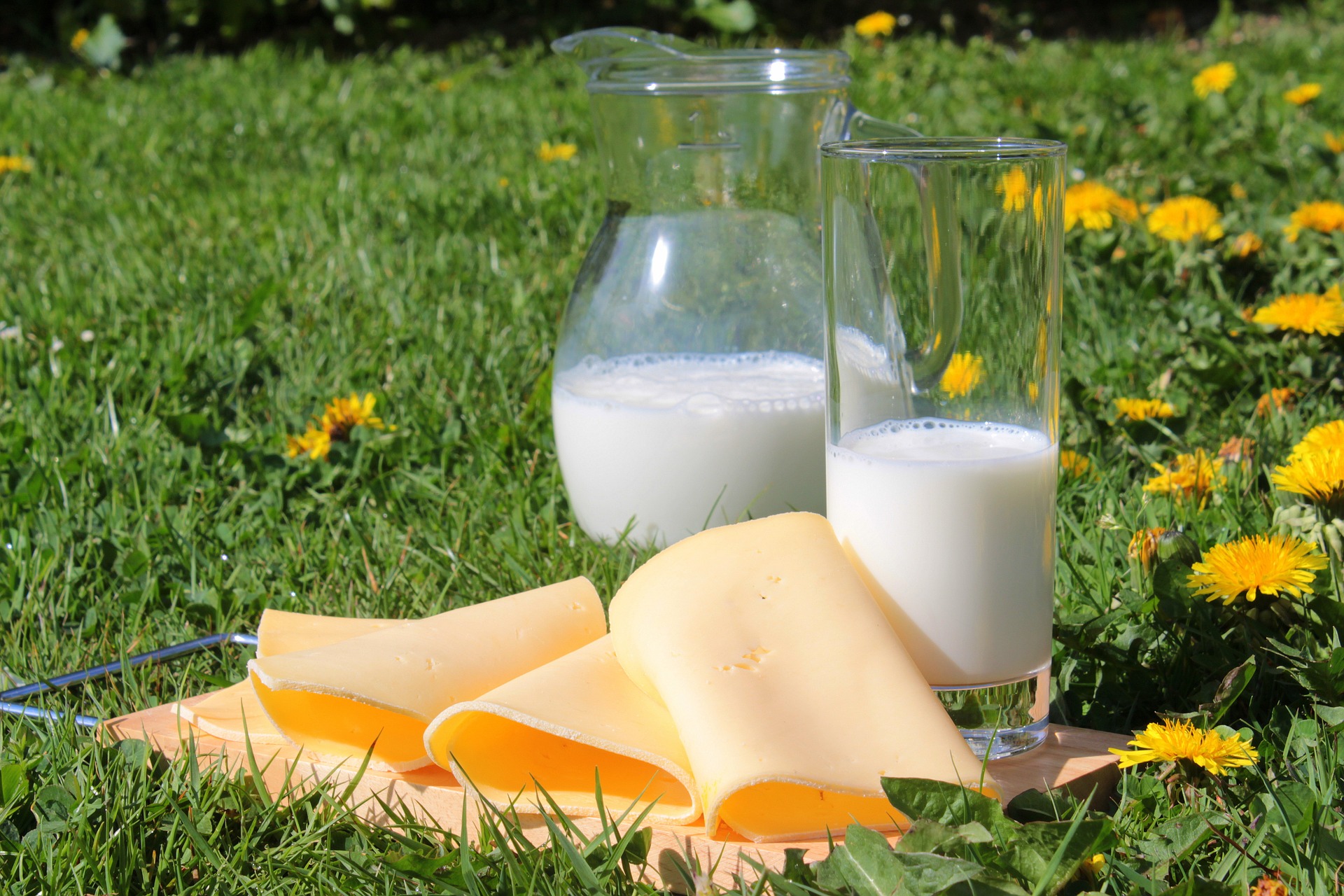
Vitamin C
It is recommended to eat plenty of vitamin C foods during the ninth month of pregnancy to keep a check on vaginal infections. It is also found essential in wound healing, teeth, and bone formation and other metabolic reactions. Foods such as citrus fruits like lemons, oranges, berries, and grapes serve as a rich source of vitamin C. About half a cup of these fruits provide the required daily dose of vitamin C.
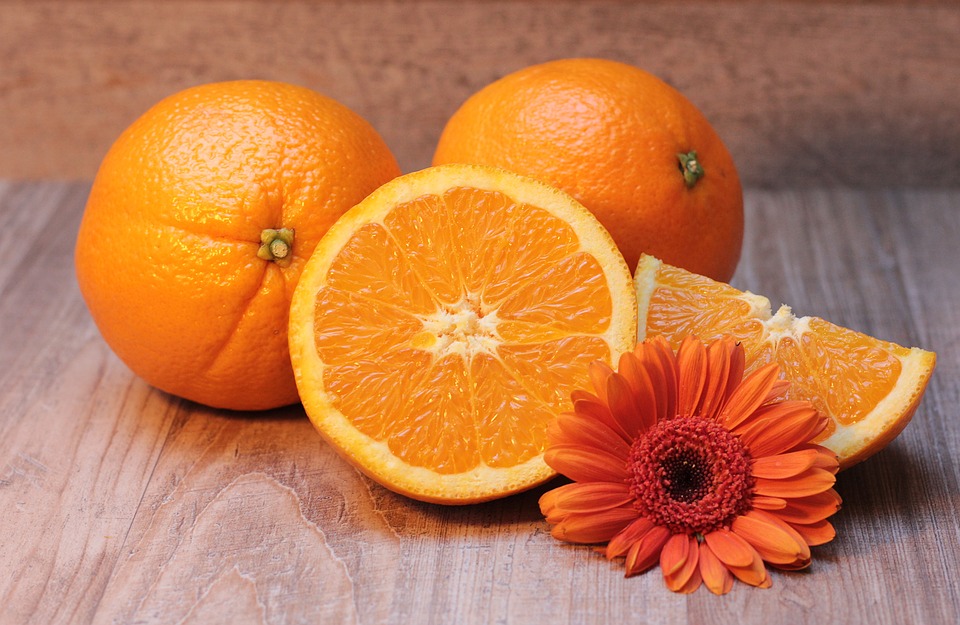
Folic acid
A sufficient amount of folic acid is required throughout the pregnancy. Deficiency of folic acid causes neural tube defects in the fetus. Hence, folic acid-rich foods such as green leafy vegetables and legumes such as chickpeas and lima beans should be consumed in sufficient amounts throughout the pregnancy.
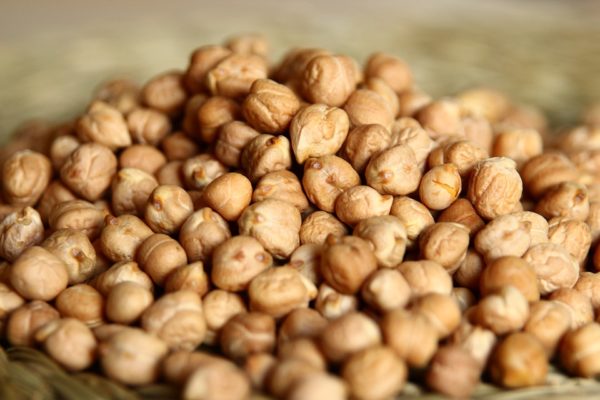
Iron
Iron is required to maintain sufficient amounts of blood volume in the mother. Deficiency of iron can cause complications during delivery. Iron-rich foods such as soybeans, peas, lentils, grapes, and oranges should be part of the diet of the pregnant woman in the ninth month.

Apart from all the listed nutrients, sufficient fluid intake is also important. Rather than having plain water it is recommended to have fruit juices and milk to obtain sufficient nutrients as well as fluids.
Eat plenty of these foods
The fully enlarged uterus and the baby exert pressure on the stomach interfering with the digestion process. Hence, it is recommended to eat simple easy to digest foods that are not hard on your stomach.
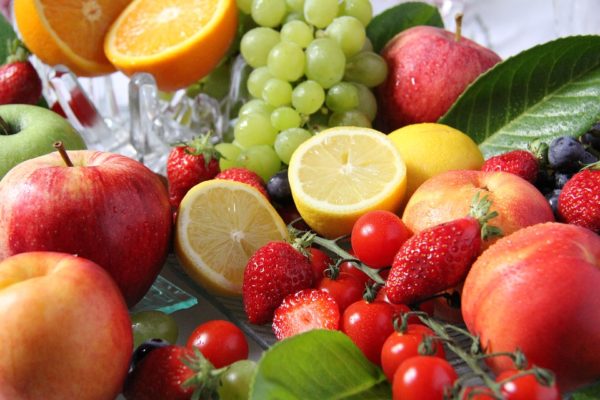
- Calcium-rich foods such as dairy products like milk, yogurt, and cheese.
- Fluids to prevent swelling and bloating that take a bad shape in this month.
- Fruits and vegetables that are easily digestible and rich in vitamins and minerals.
- Whole-grain bread as they provide the required calories, fiber, and protein.
- At least 4-5 servings of dairy products such as milk, yogurt, and cheese.
- 3-4 servings of protein-rich foods such as pulses.
- High amounts of fluids, at least 2 liters of water every day.
- Iron-rich foods such as spinach, lentils, beans, raisins, and berries.
Foods to be avoided
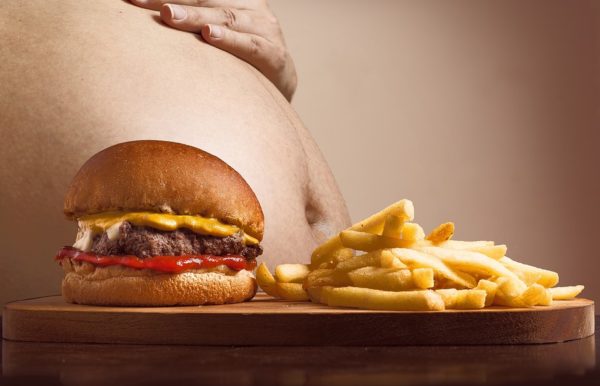
- Foods containing simple sugars to prevent unwanted weight gain and prevent worsening of gestational diabetes if any.
- Fried and fatty foods with very fewer amounts of nutrients as they are of no use to the baby and the mother.
- Salted or canned foods to prevent unnecessary water retention and swelling of hands and legs.
- Raw, uncooked foods especially eggs and lean meat as they may contain bacteria.
- Smoking, alcohol, and drugs that are harmful to the baby.
Food choices to make during the ninth month of pregnancy
The fully grown fetus and the enlarged uterus exert pressure on the stomach and prevent you from having a full meal. Hence, have 5-6 small meals rather than three meals. Here is a list of food choices that prepare you for that big day and to feed you little one after delivery.
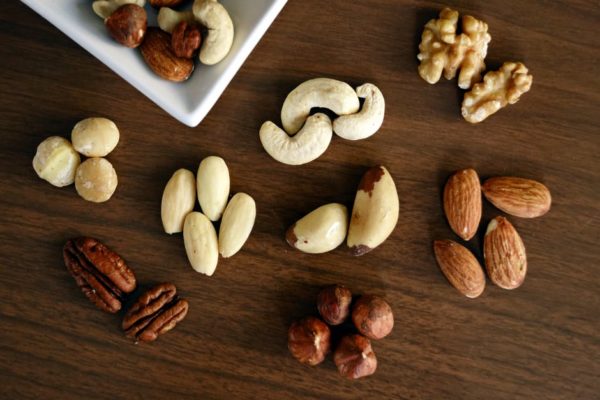
- Skimmed milk that is a rich source of calcium helps in milk production and breastfeeding the baby after delivery.
- Dry fruits such as almonds, walnuts, and pistachio to obtain protein and essential fatty acids.
- Fruits, vegetables, and whole-grain foods loaded with fiber to prevent constipation.
- Yogurt sprinkled with berries or other fruits to obtain calcium, fiber, vitamins, and minerals.
- Whole grain bars that provide calories, proteins, and fiber.
- About six to seven dates regularly to ease the labor process. A chemical compound found in dates that are similar to hormone oxytocin is believed to ease the labor process.
Eat small meals
Digestion becomes slow in the last trimester. Hence, it is recommended to have small meals whenever you feel hungry. To ease the digestion process, consume easily digestible and well-cooked foods. Even if you do not feel hungry it is recommended to pick up small quantities of healthy foods to ensure that the stomach is not empty. Having small meals prevents nausea and fatigue.
It also helps to prevent pressure on your stomach. Drinking healthy beverages in between meals also helps prevent problems such as acidity and heartburn.
Lastly, the fully-grown fetus makes it hard for you to carry. You can feel tired even to walk a short distance. But, it is highly recommended to continue walking as it helps to ease the delivery. It also provides relief from constipation and heartburn.
Squatting is another simple exercise that can be practiced during the ninth month to reduce labor time. These are crucial days of pregnancy and be extra careful and be prepared to handle the stress of delivery. The thought of motherhood gives you relief from all the worries and fears.
All the best and be energetic to hold the precious little one in your arms. Congratulations on successfully completing the nine-month long journey of pregnancy.

